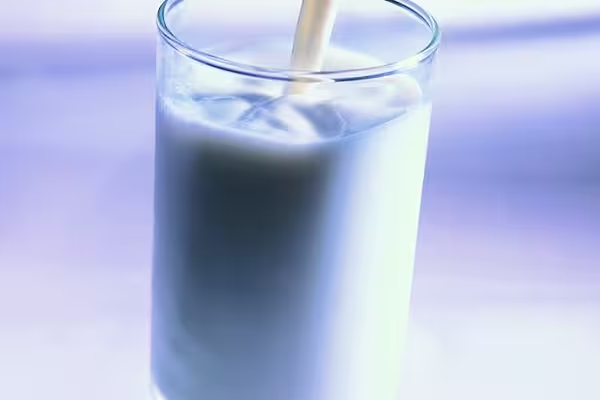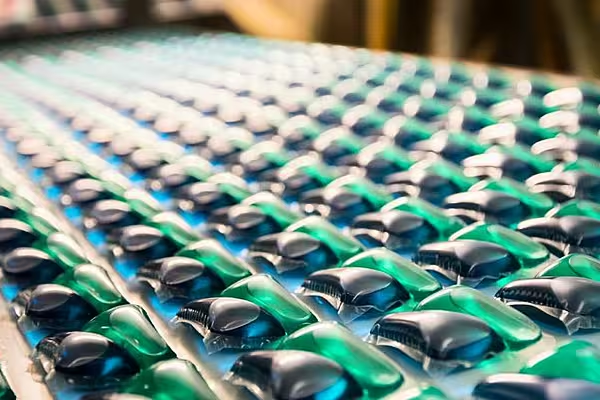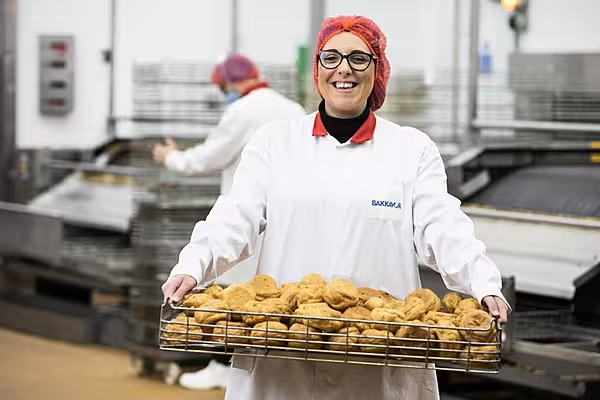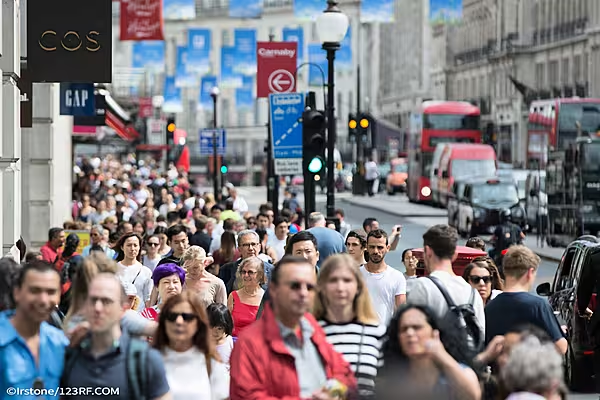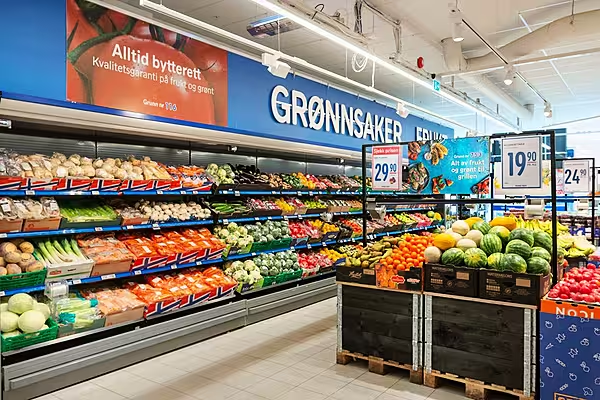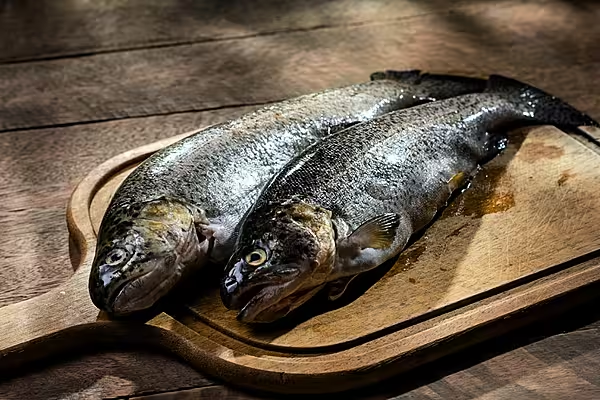Dairy farmers in Britain were so upset by unprofitable prices that they brought cows to the beach in protest.
In Belgium, they burned tires and blocked roads with tractors, while French producers set up check points along the German and Spanish borders to prevent trucks from delivering imported cheese.
Just months after the European Union lifted caps on milk production, there’s too much of it and some farmers are going broke. EU prices have tumbled to a five-year low, compounded by a global surplus and shrinking demand that’s disrupted exports. China is cutting back purchases and Russia, once the largest buyer of EU butter and cheese, halted imports last year in retaliation for sanctions over its conflict with Ukraine.
“We’re heading toward complete and utter disaster,” said David Handley, the chairman of Farmers for Action, which organised about 100 protests at UK supermarkets. “Prices are not covering the cost of production.”
Dairy producers are demanding retailers pay more for milk and asking consumers to buy local products instead of cheaper imports. Farmers for Action set up “trolley dashes” in which protesters load a store’s entire milk supply into shopping carts and leave it at the cash register or buy it for charities.
Money Losers
Handley, a 63-year-old farmer in Raglan, Wales, said he will sell his 140-cow herd in the next few months because the business is no longer profitable. U.K. farmers get as little as 15 pence a litre for milk, well below the 25 pence each litre costs to produce, he said.
An EU gauge tracking consumer prices for milk, cheese and eggs has dropped 2.1 per cent from last year. Retail prices for whole milk in France fell 5.6 per cent since last year, according to the latest government data from June.
With prices so low, there’s little incentive for European producers to increase supply, even after EU regulators in April ended a system that had capped production for 30 years. This year, the EU expects output to rise one per cent to 161.4 million tons.
The removal of quotas marked a change to an open-market system. Before the limits, government purchases of surpluses were intended to aid farmers but instead led to overproduction.
Farming Unions
While farming unions in countries including the UK and Germany favoured the end of quotas, some still protested in Brussels last March. The European Milk Board said more rules are needed to limit price declines when there’s a glut.
The rest of the world is awash in supply. The price of whole-milk powder, which is exported more than fluid milk, plunged to the lowest in at least seven years at an international auction this week. Global production of fluid milk, cheese and butter will rise to records this year, the US Department of Agriculture estimates.
In northeast England, people walked cows along Redcar Beach south of Durham last week to talk to shoppers about milk prices. Lithuanians dumped 30 metric tonnes of milk in early July in response to processors offering a “ridiculous” 10 cents a litre, the country’s milk producers’ association said. Tractors dumped manure outside a butter factory in Goe, Belgium, according to a report from the Associated Press.
“These protests are born out of frustration and fear about what the next few months could bring,” said Ian Marshall, president of the Ulster Farmers Union in Belfast, Northern Ireland. The group didn’t participate in demonstrations that took place last week in front of the country’s parliament. “Farmers are running out of cash."
In the UK, protesters targeted retailers including Morrisons and Asda, Handley said. In June, Morrisons cut prices for staple products including semi-skimmed milk and butter. The company said in a statement that it’s not seeking further reductions in milk prices from suppliers.
Prices paid to farmers by Royal FrieslandCampina and Arla Foods, the EU’s top dairy cooperatives, are more than 25 per cent less than the same time last year, according to data on the companies’ websites.
News by Bloomberg, edited by ESM
